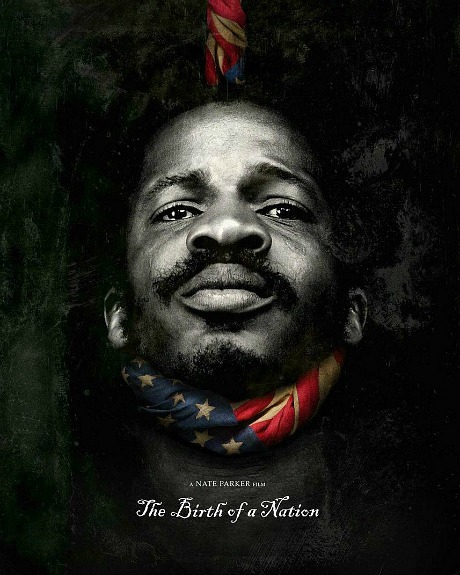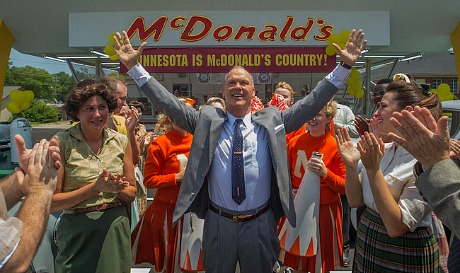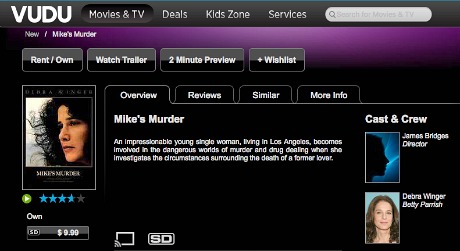One of the biggest regrets of my life, personal and professional, happened at the ’01 Toronto Film Festival. A minor thing but at the same time, upon reflection, big. It basically involved my blowing off the great Debra Winger. The episode has strangely never left me.
I was exiting a press & industry screening of Big Bad Love, an indie drama about a boozy writer (played by director and co-screenwriter Arliss Howard) and his estranged wife (Winger, who was/is married to Howard). And like everyone else, I was somewhat surprised to find Winger and Howard standing in the lobby just outside the theatre, mingling and chatting.
I tend to shy away from this kind of encounter — too sporadic, too competitive — but this time I was especially averse as I didn’t want to share reactions to Big Bad Love, which were generally negative. But as I walked by Winger, who was being conversationally devoured by a small wolf pack, she looked right past them and, for maybe two and a half seconds, right at me. I recognize or know you on some level, her eyes said. C’mon over and we’ll talk a bit. And like the candy-ass I sometimes am, I immediately dropped my gaze and bolted.
At that moment I could and would have spoken to Winger for at least a couple of hours about almost anything, gladly, but not Big Bad Love. I was also a bit taken aback — intimidated — by those laser-beam eyes. And of course, by ducking her gaze I was giving her a negative review, and I’m sure she felt that, a little flash moment in her brain.
If I’d been able to push past my wimpiness I would have walked over and said something along the lines of “just want to convey my respect and fan affection…the movie didn’t get me, to be honest, but you did. And I love Mike’s Murder.” The encounter happened during the first weekend (i.e., the second or third day) of the festival. Two or three days later the World Trade Center was attacked.




